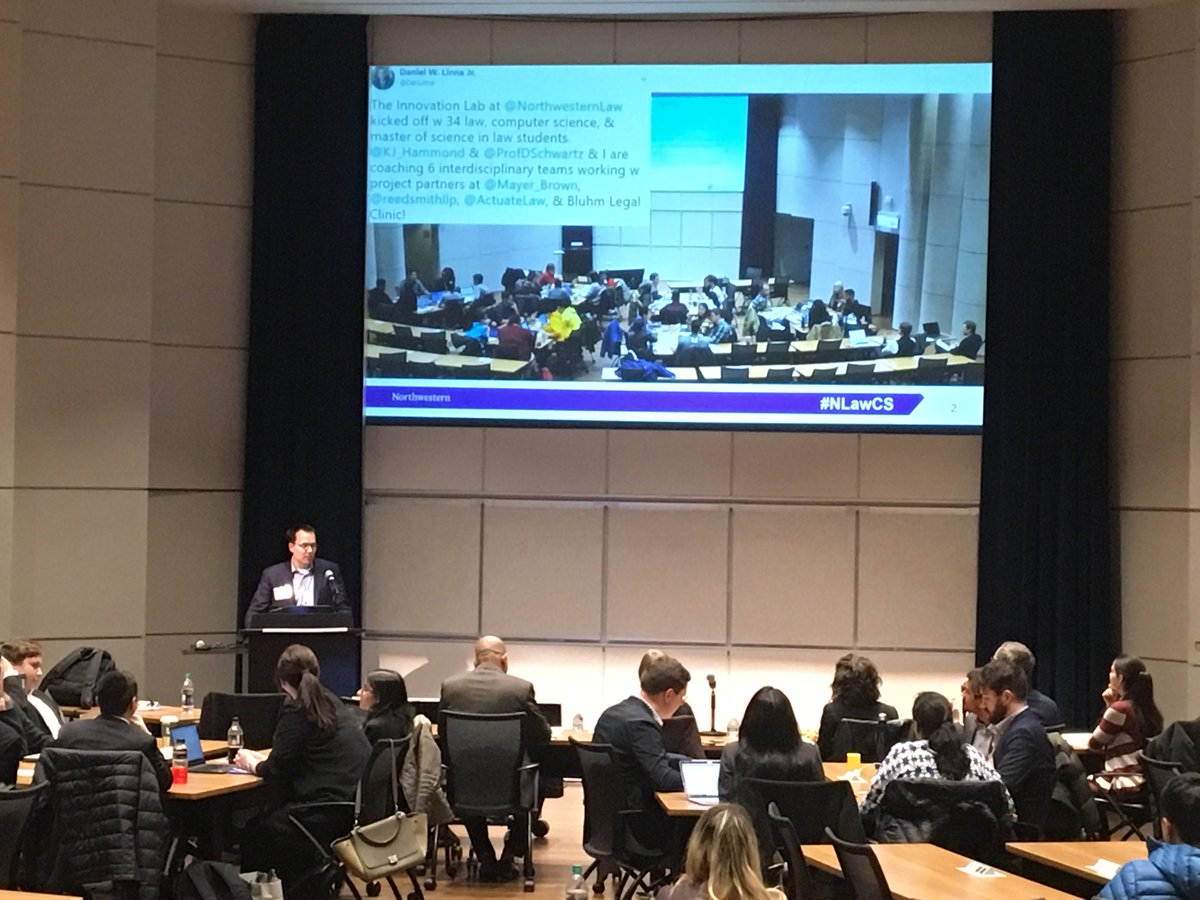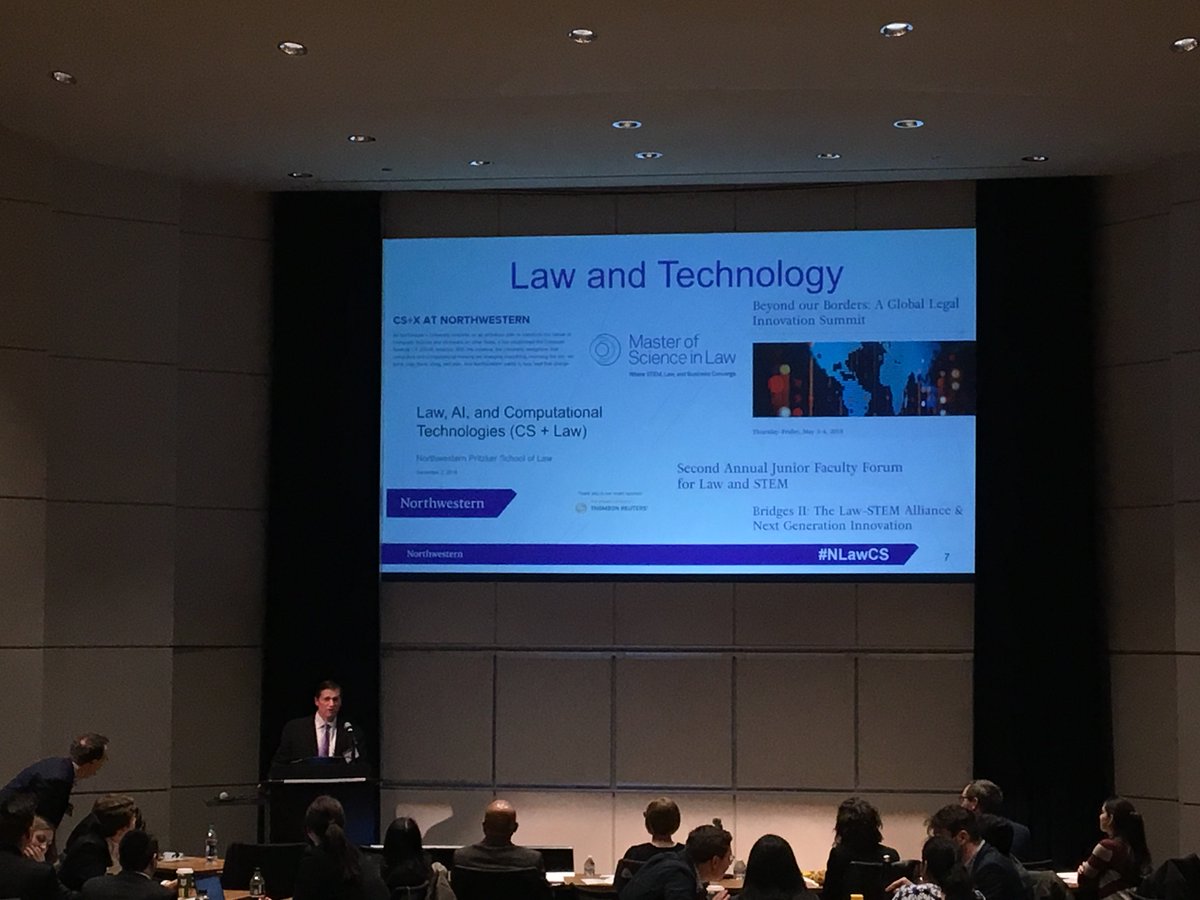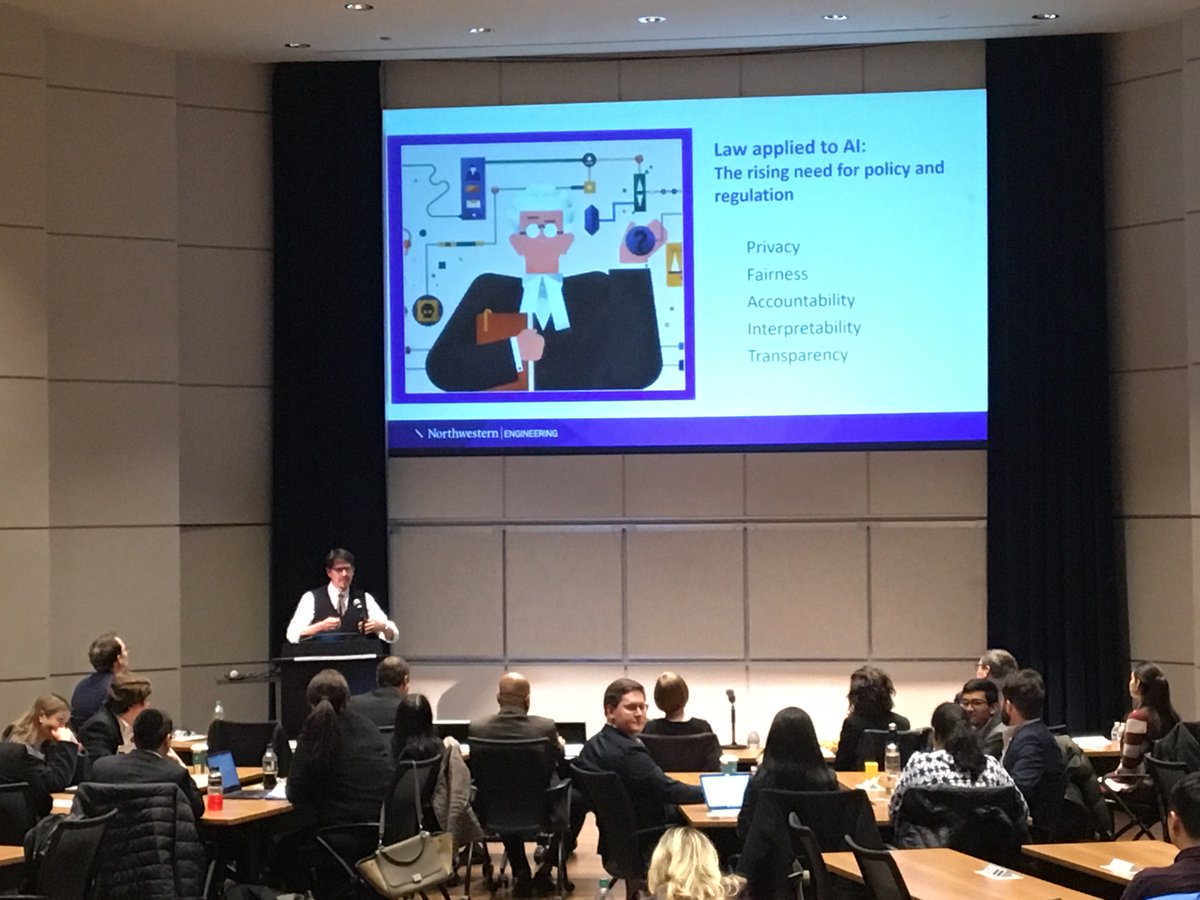1 like = 1 opinionated thought about the intersection of technology and finance, up to a cap of 100.
So, sorry in advance; it's still useful point in mindspace.
Finance probably has invested more in software, and earlier, than almost any industry.
The second order of effect was enabling cheap transfer of risks over abundantly connected networks.
They make radically different tradeoffs than a startup would, including routinely spackling over technical debt with thousands of people.
("Who?" You can trivially name four global businesses in finance. It's surprisingly hard to count to eight. More are under the hood though.)
Saying that outloud in as many words is uncommon, but the industry is that, too.
These are generally thought of on a services level, but you can also think of them in terms of customer segments and subsegments, which is probably more illuminating.
If only banks had good people who are good at math, right.
kalzumeus.com/2019/6/26/how-…
This is a case where startups had interesting product innovations for 3~5 years and then incumbents said "Cool ideas. We will yeet these into being, as you cool kids say."
"We're building a book of business to a point where it is attractive enough to warrant integration and digestion costs."
This lets more firms experiment with marketing/UX cheaply.
Not obvious, either way.
There's a risk-free rate for deposits. Your bank or brokerage doesn't give you that. They give you a much smaller number.
The spread is deposit pricing.
I don't know, what are you paying for with software? The engineers or the person who will answer your email or the beautiful pixels on the website or the person awake at 3 AM to deal with security issues?
Non-intuitively, a bank would far prefer to give you access to a credit line at 9% APR if you access via a credit card than a 9% APR unsecured line of credit.
I never understood that when I was on the customer side of credit cards / loans / etc.
This is a bank relying on a four-party agreement between them, a credit card brand, a supplier, and a small business to facilitate what a lot of people think is the #2 reason banks exist, to provide loans to businesses for cash flow needs.
Bank: "I can't take all this risk to build restauraunt."
Town hardware store: "They're my customer. I'm good for a bit."
I haven't passed the test.
"Break the rules until you can make the rules" is extremely, extremely not the norm in financial services, except in the cryptocurrency economy.
But there has been substantial improvement, even in the last few years.
When startups think of them, they often are forced to look at customer groups that Chase et al don't want.
Their productivity likely improving due to both CRMs and business processes which augment capabilities.
One question is whether, if you build it, they will come.
Imagine the meeting. "Interesting idea, but could we just take their money instead? We're set up for that."
But Moore's Law compounds faster than the global birthrate does. By a lot.
In the case of settlement times, it is because you can use T-X settlement as a marketing differentiator w/o all that much risk.
(Some folks will end up doing white elephant projects, but not all.)
This can 5X utilization of advisor while having them be in a cheaper city than client.
It will, less fortunately, further cause deskilling of the branch-based bank employee, which has been ongoing for decades.
Most of the technical problems are "How do people/organizations work together?"
QR code payments are probably underestimated, in the same way that QR codes themselves were underestimated.
Alright, that was fun. Don't love this form factor, but let me know if subtopics here are worth an essay sometime.








